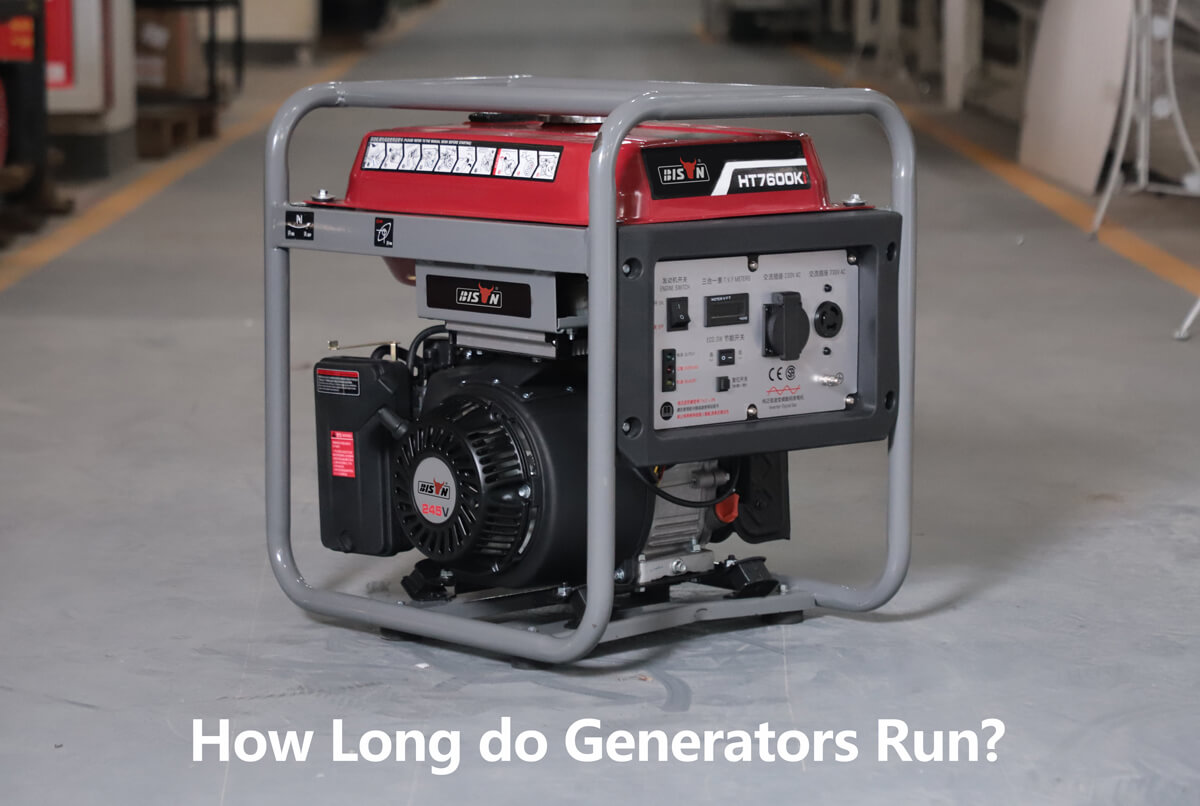How Long Will My Generator Run

Power outages are spiking across the nation, leaving millions scrambling for backup solutions. Understanding how long your generator can run is now a critical survival skill.
This article provides essential information on generator runtime, covering fuel types, wattage demands, and crucial maintenance tips to keep your power on when the grid goes down. Failure to prepare can lead to devastating consequences during prolonged blackouts.
Fuel Type Determines Runtime
The type of fuel your generator uses significantly impacts its runtime. Gasoline, propane, and diesel are the most common options, each with its own set of advantages and disadvantages.
Gasoline Generators: A Limited Lifeline
Gasoline generators are readily available and relatively inexpensive. However, they typically have the shortest runtime, often lasting only 8-12 hours on a full tank, depending on the load.
Gasoline also degrades over time, making long-term storage problematic without stabilizers. Always use fresh gasoline and a fuel stabilizer to maximize efficiency and prevent damage to your generator.
Propane Generators: Extended Power, Storage Challenges
Propane generators offer longer runtimes than gasoline models. A 20-pound propane tank can power a generator for approximately 10-14 hours at 50% load, with larger tanks offering significantly extended operation.
Propane stores well for years without degrading, but requires specialized tanks and fittings. Consider the size and number of tanks needed to sustain power through extended outages.
Diesel Generators: The Long-Haul Solution
Diesel generators are known for their durability and fuel efficiency. They often provide the longest runtime, capable of operating for 24 hours or more on a single tank.
Diesel fuel is more expensive than gasoline but offers superior energy density. Diesel generators are also generally more expensive upfront and require more maintenance.
Wattage Matters: Calculate Your Needs
The amount of power your appliances and devices require is crucial to determining generator runtime. Overloading your generator can lead to damage and shorten its lifespan.
Start by calculating the starting and running wattage of essential appliances. Add up the wattage of everything you plan to run simultaneously to determine the necessary generator size.
Consider using a wattage meter to get accurate readings of your appliances. This will help you avoid overloading your generator and ensure optimal performance.
Maintenance is Key to Longevity
Regular maintenance is essential to ensure your generator operates reliably and efficiently. Neglecting maintenance can lead to breakdowns and shortened runtime.
Change the oil regularly according to the manufacturer's recommendations. Check and clean the air filter to ensure proper airflow and prevent overheating.
Inspect the spark plugs and replace them as needed. Store your generator in a dry, well-ventilated area to prevent corrosion and damage.
Runtime Extension Techniques
Conserving power is vital to extending generator runtime during emergencies. Prioritize essential appliances and minimize unnecessary energy consumption.
Use energy-efficient light bulbs and appliances. Unplug electronic devices when not in use to reduce phantom load.
Consider using a transfer switch to safely connect your generator to your home's electrical system. Never backfeed power into the grid, as this is extremely dangerous and illegal.
Real-World Example: The Texas Freeze
During the 2021 Texas freeze, millions were left without power for days. Those who relied on generators quickly realized the importance of fuel planning and maintenance.
Many ran out of fuel within hours, highlighting the need for adequate fuel reserves.
"We learned the hard way that proper generator maintenance and fuel storage are essential for survival,"stated a resident of Austin during the freeze.
The crisis underscored the vulnerability of relying solely on the power grid. Investing in a reliable generator and implementing a comprehensive power backup plan is now more crucial than ever.
Next Steps: Prepare Now
Don't wait until the next power outage to prepare. Evaluate your power needs, choose the right generator, and develop a comprehensive backup plan today.
Regularly inspect and maintain your generator to ensure it's ready when you need it most. Stockpile an adequate supply of fuel and consider alternative fuel sources.
Stay informed about weather forecasts and potential power outages. Proactive preparation is the key to weathering any storm and keeping your lights on.


















